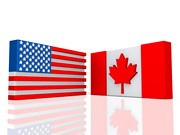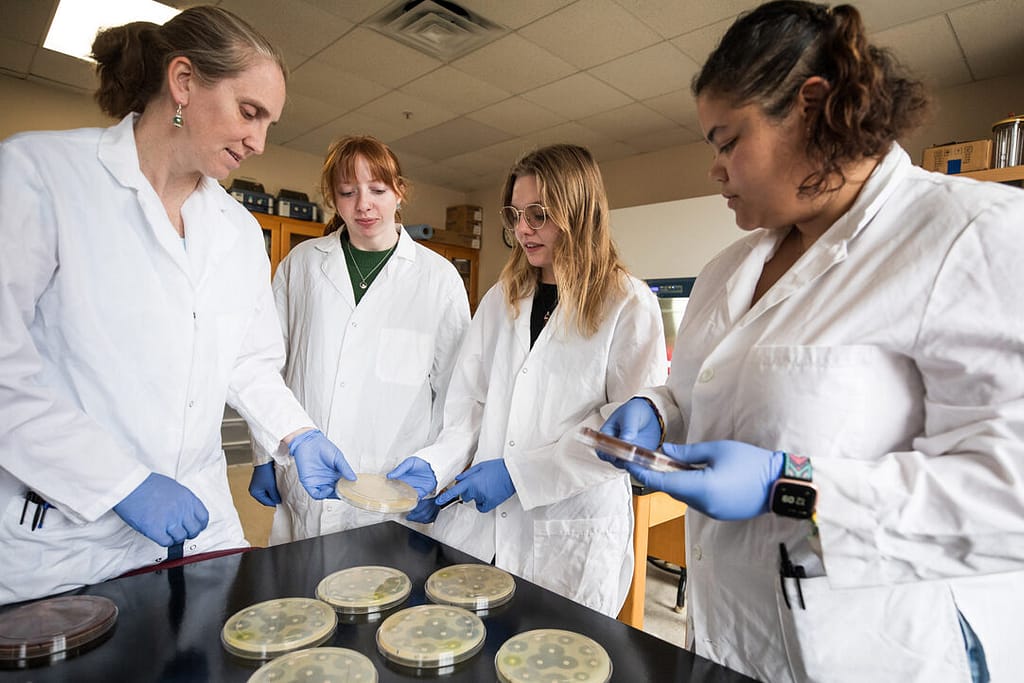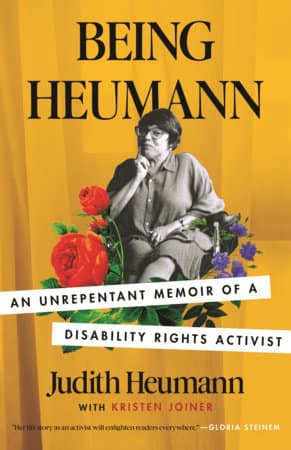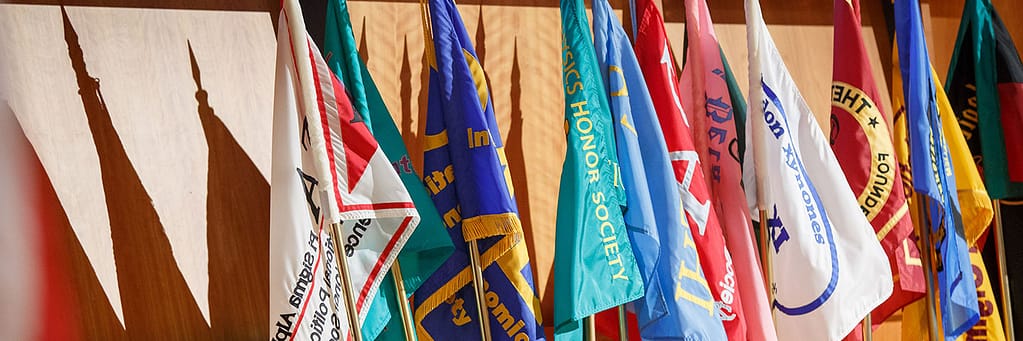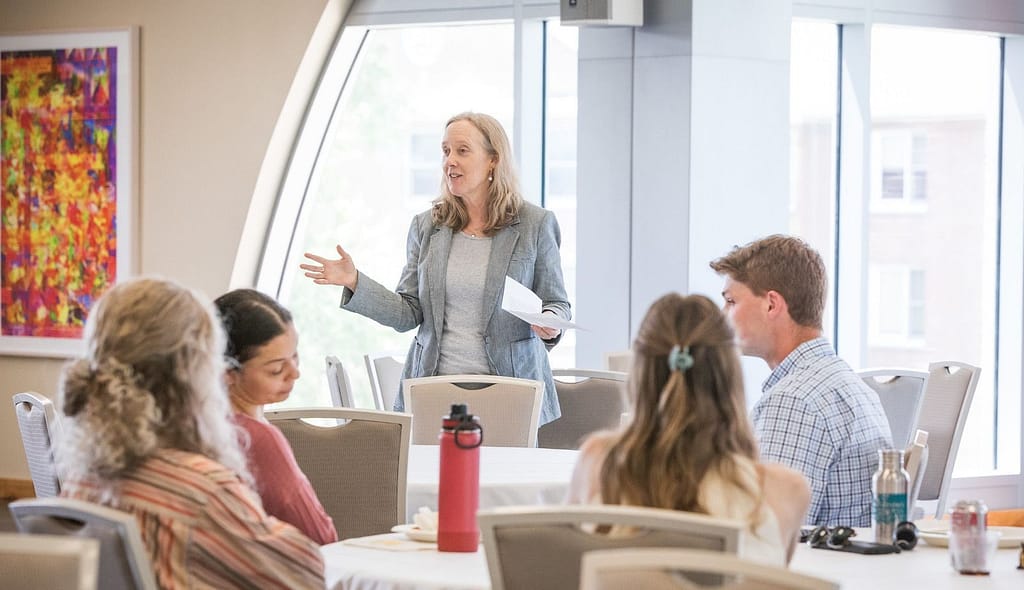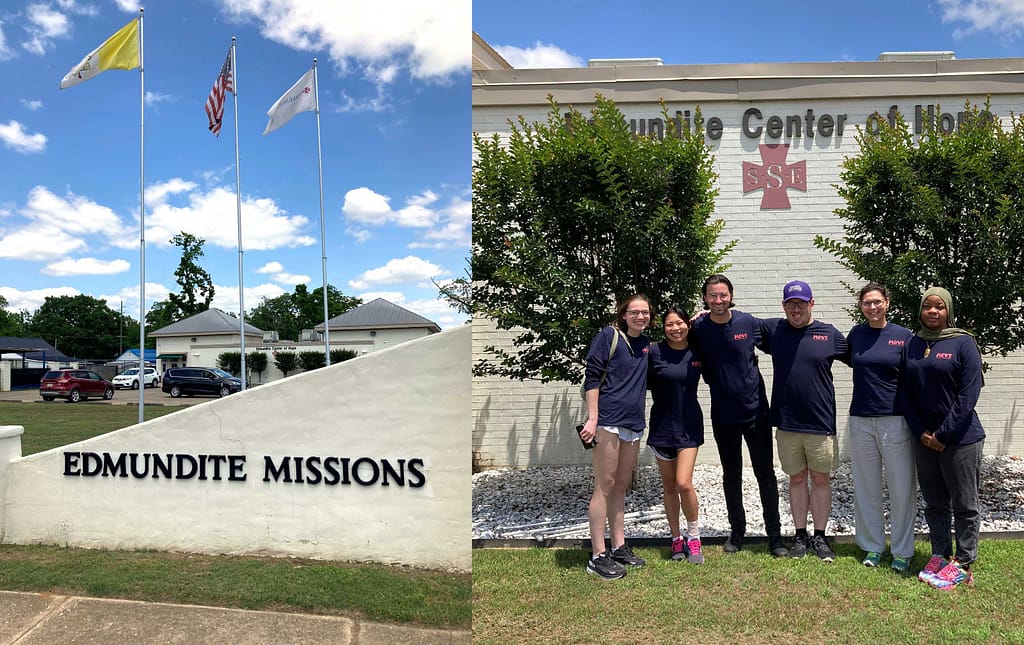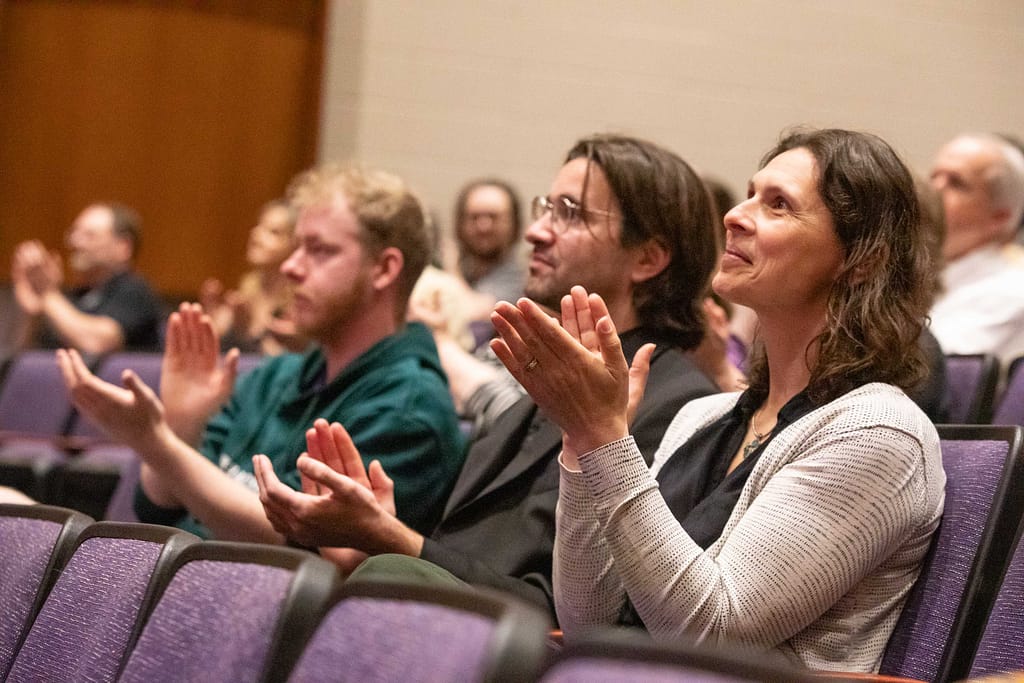St. Mike’s, Canadian students analyze COVID differences
With annual parliamentary field trip to Ottawa impossible in pandemic, Professor Ayres finds way to still interact across the border via Zoom
 A Saint Michael’s College political science class spoke by Zoom last Monday afternoon with a counterpart group from the University of Alberta in Edmonton, Canada – Americans and Canadians trying to figure out through respectful dialogue what’s behind such dramatically different COVID responses and results in their respective countries.
A Saint Michael’s College political science class spoke by Zoom last Monday afternoon with a counterpart group from the University of Alberta in Edmonton, Canada – Americans and Canadians trying to figure out through respectful dialogue what’s behind such dramatically different COVID responses and results in their respective countries.
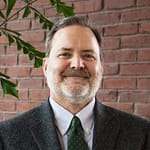
Professor Jeffrey Ayres
“What might be some explanations?” prompted St. Mike’s Professor Jeffrey Ayres, an expert on Canada-U.S. relations who, from his campus office computer station, asked both groups to ponder why we are seeing such a contrast when it comes to deaths and attitudes related to COVID, considering the two countries are geographically proximate neighbors sharing many outward cultural similarities. Is it the personalities of leaders ….or how about the different models of federalism we have, he wondered — or maybe very different political cultures?
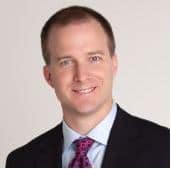
The first students to speak up were the Americans, who seemed less satisfied with how their leaders have been acting in general lately compared with the Canadian students — particularly regarding COVID. Saint Michael’s student Alex Henderson said his father is a Canadian citizen living in the U.S. – a country that today feels to them and many others like “a hellhole of political bipolarization – we see nothing but hate for people on the other side of major issues” he said, adding he feels we are living in “scary and divisive times – friendships, brotherhoods and families are split.”
Saint Michael’s student Thomas Soons said another thing he finds “scary’ is the climate change perspective of President Trump that had been a prominent issue in the days just before the discussion with major wildfires in California. Ayres asked the Canadian students if their politicians ever were known to ridicule science as we have seen with the American president and some in his administration. Chloe Dizon of University of Alberta said while their college is in one of the most conservative regions of Canada, nevertheless, “one key point is listening to public health officials – that’s consistent advice, so it’s not tainted as much by partisan differences. There is partisanship, but not as severe as you see in the U.S.”
Her Alberta classmate, Dylan Campbell, said that extensive lumbering in British Columbia, where he is from, made forests in that province not as easy to ignite as in California perhaps –“but even though climate change has become much more politicized here in Canada recently [in terms of how best to address it], both sides of the conversation generally acknowledge it’s changing” at least.
Ayres observed that “Vermont is an outlier in so many ways from much of the U.S. – quite homogenous,” and with “a very effective public policy response to the virus,” compared with other states.
Tristan Devault, a St. Mike’s student who is from Quebec, noted that Canada has faced its share of corona struggles however recently with surges of the virus around Montreal.
Canadian Professor Anderson said in Alberta, officials are testing a lot on a per capita basis compared with in the U.S. — one in five Albertans being tested, for instance, “but we have high case numbers” partially as a result of that and therefore some anxiety of schools opening.
He said that from Alberta, “Ottawa seems distant — It’s a big country with a little population, so provincial leadership draws a lot of eyes and ears, particularly in a time like this,” compared with U.S. citizens focusing perhaps more on national leaders, relatively speaking.
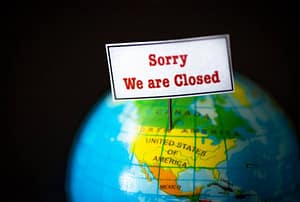
This is a graphic used by Professor Ayres of Saint MIchael’s as part of a PowerPoint presentation he made to U.S. and Canadian students recently via Zoom.
The professors on both sides of the border probed more to tease out differences in political culture that students might perceive. Tristan Devault, the Quebecer attending St. Mike’s, said “patriotism here in the U.S. is real strong” and people tend to wear their views on their sleeve, but nobody “idealizes” the prime minister in Canada the same way as one sees with Trump supporters. “Once you cross the border from Canada into the U.S., the divide is huge – everyone has a sticker stating who they’re for, but with Prime Minister Trudeau it’s more casual” in how people might express political preferences, he said. Professor Anderson from the University of Alberta and some of his students wondered if there was a “cult of Trump” and whether, had he responded to COVID in a more “normal” way rather than “talking about bleach and sunshine,” the outcomes might have been different.
Regarding handling of the COVID-19 pandemic, Canadian student Victoria Matejka said, “I think our response was so much better, since each day we had our chief medical officer do an announcement of ‘this is what is happening today.’ I don’t think that happened in the states.” In Canada it was “very organized, very clear, and I feel that was lost in the U.S.”
St. Mike’s student Thomas Soons said one thing that he feels leads to less tension in Canada is not having a two-party system. “It allows for ideas to be a little more diverse since parties don’t have to be so polarized,” he said.
Ayres said, “I think COVID-19 will decide the election” in the U.S., given the president’s approach to the issue. “Trump can’t help himself” and “has trouble behaving in a traditional presidential way,” Ayres said. Another fundamental difference the professor sees between the two systems is that in the U.S., “No matter what state you’re in, you vote for the president,” while in Canada, people vote for a one Member of Parliament from their riding (similar to a congressional district in the U.S.) to send potentially to form a government in Ottawa — so the stakes are not as directly correlated to each citizen’s vote as in the U.S.
“Nobody in Edmonton actually votes directly for Justin Trudeau since he’s running in a riding in Montreal,” Ayres said. “We have quite different ways of forming our respective governments, and maybe that takes away that strength of partisan identity in Canada.” Canadian student Dylan Campbell agreed. “Your people [in Parliament representing a region] are not going to run for you since you’re not the one who gets them elected.”
Both sides of the conversation had an interest in the border and when it might open, though Ayres said Canadian officials he knows in Boston don’t think it will open until spring at earliest.
Ayres said his class that took part in the Zoom conversation has 30 students, and the Canadian participating group seemed to be of a comparable size. The veteran U.S. professor saw it as a way to at least engage his students in Canadian politics and culture directly, since in a “normal year” as for decades, he would have taken his annual parliamentary field trip with both Saint Michael’s and University of Vermont students and a UVM professor colleague to Ottawa – an experience he is deeply missing this year, particularly on behalf of his students.
Still, Ayres aims to continue doing whatever he can to give students worthwhile experiences that help them learn more about Canada and its politics and culture: he and Anderson plan follow-up Zoom meetings on further issues: a second one around the carbon economy and climate change is coming in October and third virtual meeting will take place shortly after the November 3 elections in the U.S.

